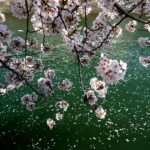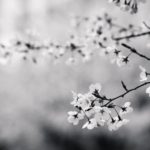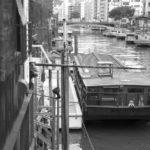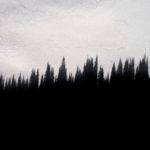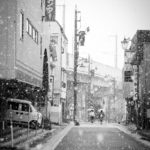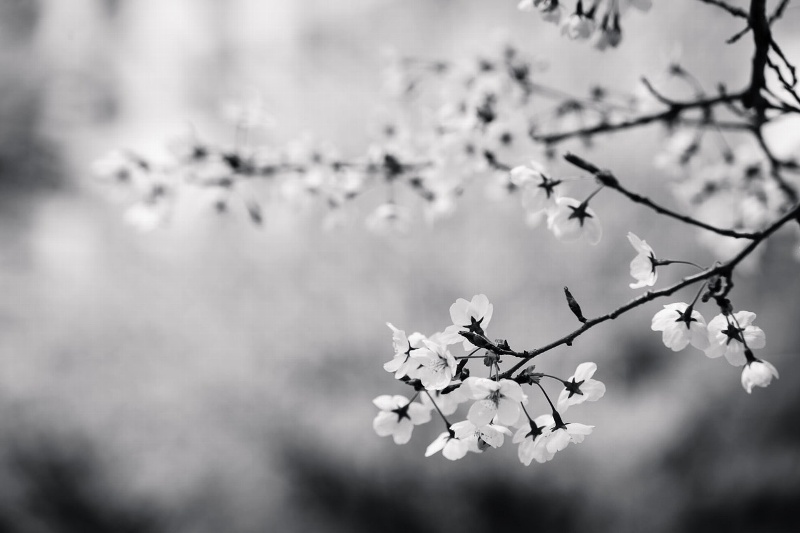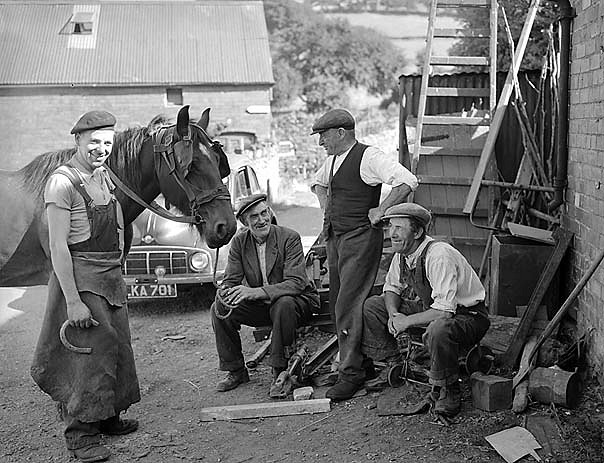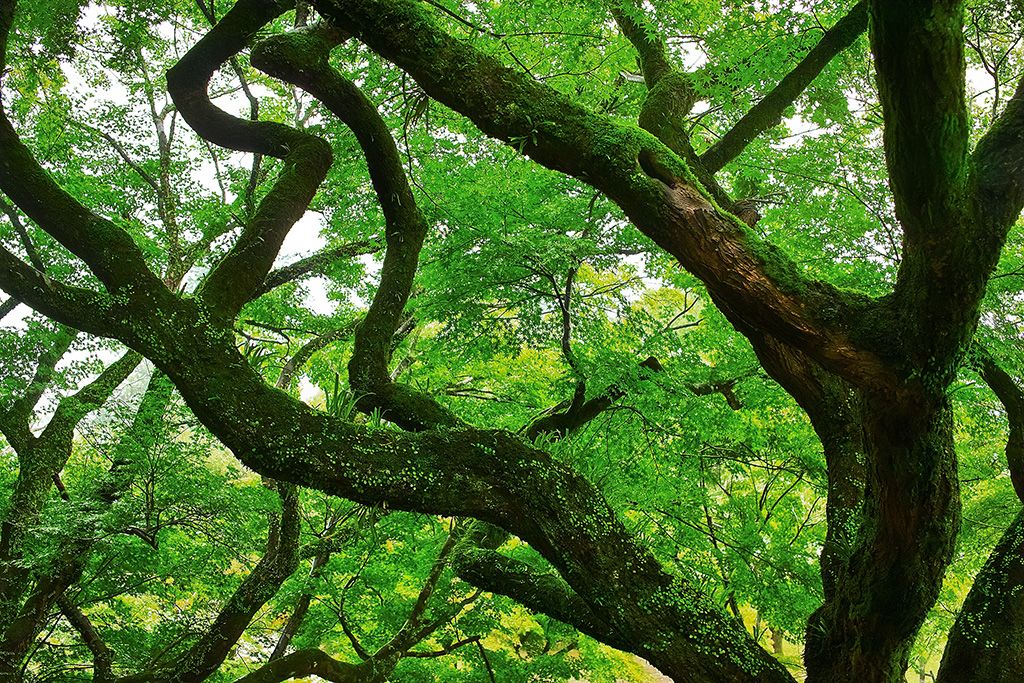Some song lyrics are just impossible to translate into another language because of their highly contextualized form of language use. “Hydrangea” (1996) by Sunny Day Service is one of those songs. The band is well known for their unique, retro style of lyrics, arrangement and visual image. They are sometimes called a modern Happy End, a well known Japanese folk rock band around 1970 .
ときに翻訳困難な歌詞があります。ある文化にあまりに固有の意味を持つ言葉づかいが、その理由です。サニーデイ・サービスの「あじさい」は、まさにそうした曲です。レトロな歌詞やアレンジ、またメンバーの見た目やジャケットデザインなどで知られていて、ときに「現代のはっぴいえんど」とも称されます。
Hydrangea conjures up a very particular set of imagery of the rainy season in Japan. The color of pale blue and pink, and raindrops shining on the green leaves. Flowers by the quaint, old buildings that give peaceful, quiet shades. Overall lucid elegance enlivened by misty air of the wet season.
あじさいと聞くだけで、梅雨の情景が一気に心に浮かぶのですが、それは淡い青やピンク、青葉に光る雨粒。落ち着いた日本家屋の軒下の花々。雨の季節、雨に煙る優しい透明感とでもいいようなものが、全体的に浮かぶわけです。
The set is hydrangea and the prop is a series of words and retro items that remind us of the old times. The imagery of the street with retro, chic signs actually give us a sense of rundown street that fails to keep up the changing times. Flower scissors and tatami floor apparently refer to the imagery of traditional Japanese residence. All of these are something that gives us clear imagery but that can hardly be found today. Here is an interesting gap between the reality and our reminiscences.
セットがあじさいなら、小道具は古き良き時代を思わせる言葉や生活の道具です。レトロ看板並ぶ通りは、実際は時代に取り残された感のある通りを、花鋏や畳はもちろん日本家屋を、これらは明らかに鮮明なイメージを思い起こさせるわけですが、実際には今は目にすることはないのが現実です。現実と追憶のギャップがここにもあるのです。
Beyond mirage – an unrealistic wish that never be achieved – emerges a comforting memory.
決して実現しない願いとでも言える蜃気楼の向こうに、懐かしい思い出が浮かんだりもするのです。
サニーデイサービス
あじさい
This hydrangea I saw
On a rainy evening of the wet season
Railway tracks, trains come and go
She was there on her own for no reason
With an arch grin
Asking spring wind to blow inThe mist came down
The street with retro, chic signs
I let her take my hand
And we found a nice place to hop inThese golden roses
I see from an upstairs window
Through the straw blind
They bloom but never get fruits
Dissolve into the damp, drizzly sky
Her gaze down at the tatami floor
The night comes and leaves us behind
A beaming smile of hersYour finger on the straw, the cider glass
A faraway mirage, and your smileWho left the flower scissors in the shade?
Look at the flowers seeping out of the mesh of tatami floor
Your finger on the straw, the cider glass
A faraway mirage, and I just followed her lead




